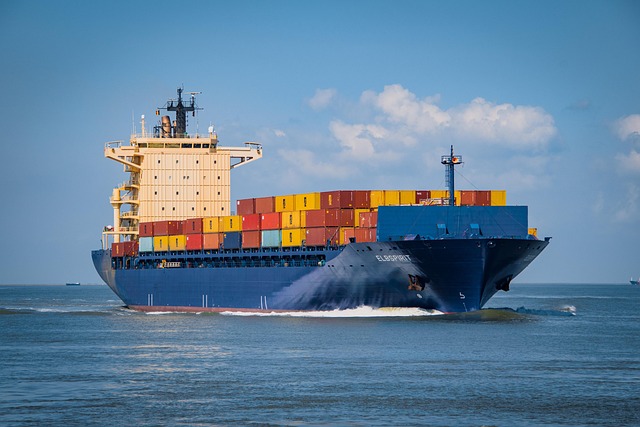-
The World Shipping Council announced the launch of its Cargo Safety Program, an industry-led initiative to detect misdeclared and undeclared dangerous goods
-
The program is seen to prevent ship fires, protect crews, vessels, customers’ cargo, and the marine environment
-
It combines AI-powered cargo screening and common inspection standards to identify misdeclared and undeclared high-risk shipments before they are loaded
The World Shipping Council (WSC) announced the launch of its Cargo Safety Program, an industry-led initiative to detect misdeclared and undeclared dangerous goods.
The program is seen to prevent ship fires, protect crews, vessels, customers’ cargo, and the marine environment.
It combines AI-powered cargo screening and common inspection standards to identify misdeclared and undeclared high-risk shipments before loading.
Ship fires are at their highest level in more than a decade, according to Allianz’s Safety and Shipping Review 2025. Misdeclared dangerous goods are the leading cause of ship fires, responsible for more than 25% of all cargo-related incidents.
Joe Kramek, WSC president and CEO, said: “We have seen too many tragic incidents where misdeclared cargo has led to catastrophic fires, including the loss of life.”
“The WSC Cargo Safety Program strengthens the industry’s safety net by combining shared screening technology, common inspection standards, and real-world feedback to reduce risk,” he added.
At the heart of the program is a digital cargo screening tool powered by the National Cargo Bureau’s technology that scans millions of bookings in real time using keyword searches, trade pattern recognition and AI-driven algorithms to identify potential risks.
Alerts are reviewed by carriers and verified through targeted physical inspections when needed.
The program establishes common inspection standards for verifying shipments and an incident feedback loop to ensure lessons from real-world cases strengthen prevention.
At its launch, carriers representing more than 70% of global TEU capacity have joined the program.
“By working together and using the best available tools, we can identify risks early, act quickly, and prevent accidents before they happen,” Kramek said.
The Cargo Safety Program is a powerful new layer of protection, “but it does not replace the fundamental obligation shippers have to declare dangerous goods accurately,” he also said.
That is the starting point for safety, and it is required under international law.
WSC said the launch builds on its long standing work to improve maritime safety, from developing cargo handling rules to supporting environmental protection measures.
The program will continue to evolve, with regular updates to its technology and standards to address new and emerging risks.
“Ocean carriers transport the goods vital to the flow of global trade, and we have a responsibility to move them safely,” said Kramek.
“By raising the bar on cargo screening, we are protecting lives, safeguarding the environment and improving the integrity of the global supply chain,” he added.









